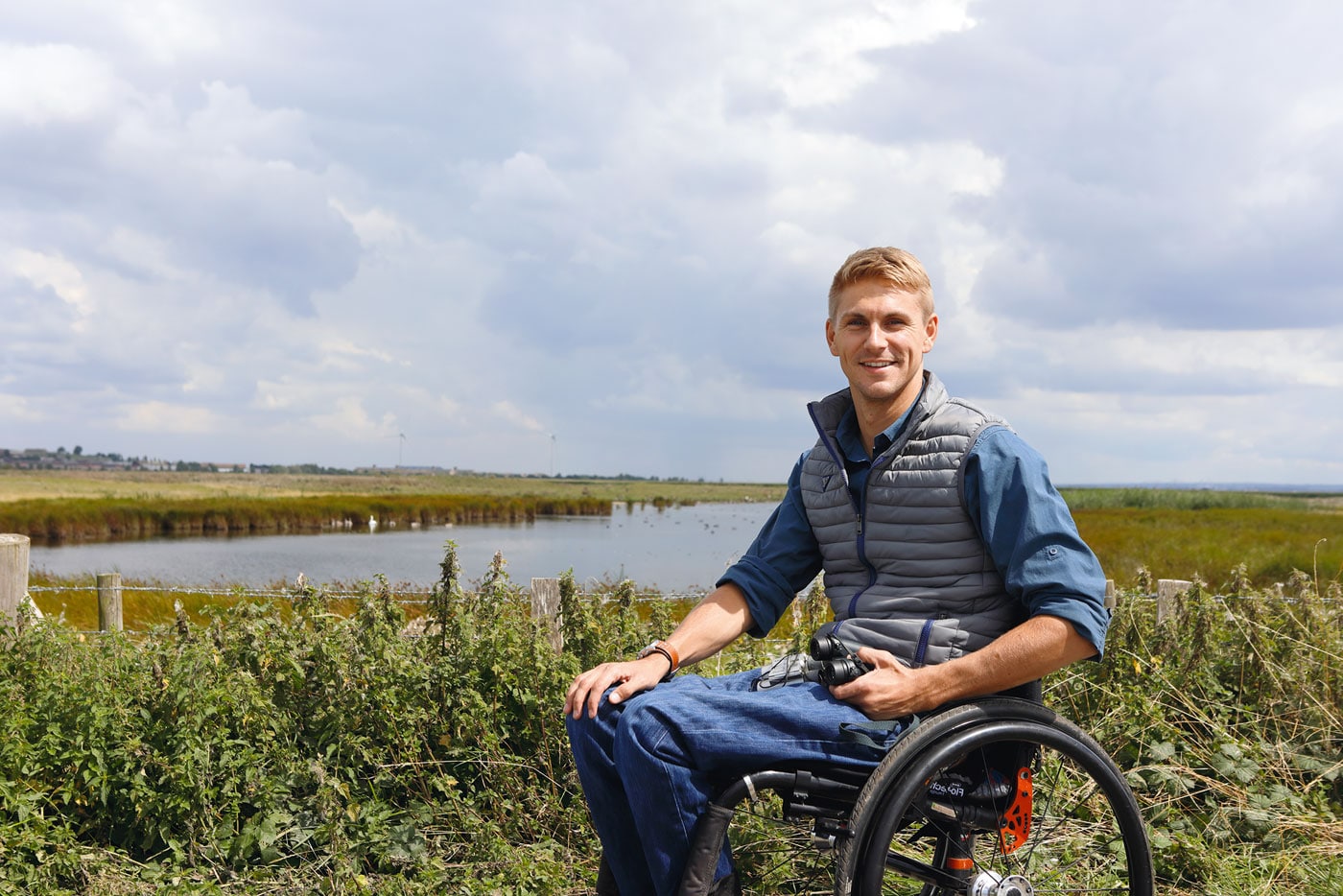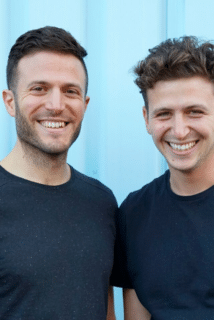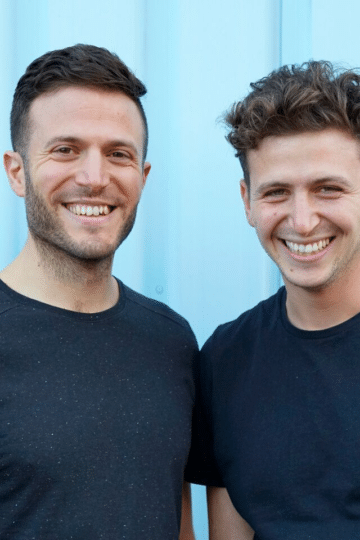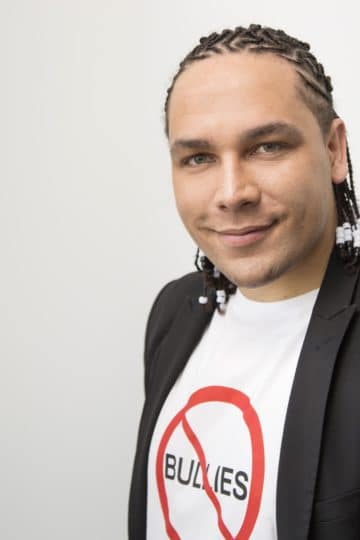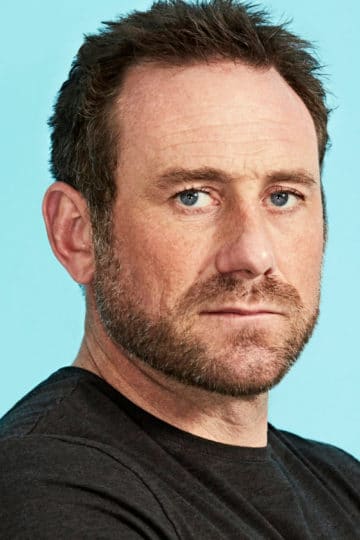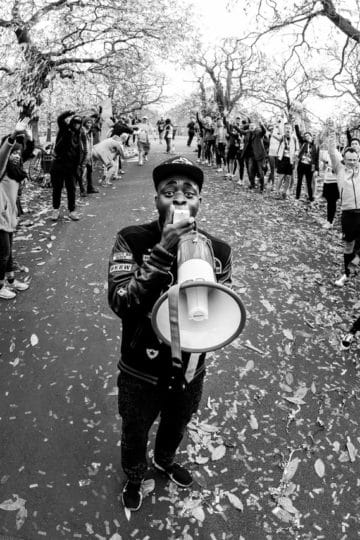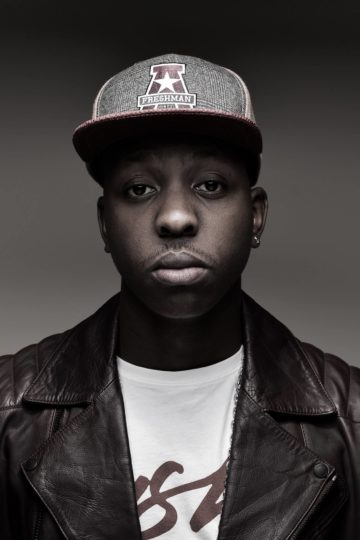New Role Models: Steve Brown
Role Models
Steve Brown is a broadcaster and Paralympian who captained GB at the London 2012 Olympics. He’s also a motivational speaker and TV presenter, having rebuilt his life following a paralysing back injury at the age of 23. “I find it tricky to think of myself a role model,” he says. “But I hope that people can draw strength from my experience…”
How did you start to rebuild your life after your accident?
I was 6ft 1 and in reasonably good athletic shape. So after my accident, I was very low in confidence. My injury means that I can’t move from my chest downwards, and have limited movement in my fingers. I felt embarrassed and didn’t want to go out in public in a wheelchair because I didn’t want people staring. One day, I was taken to watch a game of wheelchair rugby. I thought to myself, ‘Who am I to be sitting here nervous and embarrassed when some of these people are in far worse situations than me?’
You’ve always said that wheelchair rugby is about ability, not disability. How did it change your mindset?
I was skydiving and rock climbing before my injury. Being in hospital is the complete opposite of extreme sports: everything is flat, safe and easy. I found myself surrounded by nurses, a very supportive family and lot of safety nets. For while, it felt like that’s how my life was going to be. Discovering rugby, and seeing passion, aggression – and even arguments – made me realise that I didn’t have to settle for a safe, easy lifestyle just because I was in a wheelchair.
Sport isn’t just about fitness. Did you find the male bonding aspect as important the rough and tumble?
When you’re training for the Paralympics, you spend, like, six months together at training camps. Sharing proud moments with your team mates definitely brings you together. But the important aspect of that was their empathy and understanding – they’d been through the same emotions and challenges themselves and understood what I was dealing with.
How did they help you adapt to a new life?
They taught me little tricks of the trade – the stuff they don’t teach you in hospital – which smoothed my progress through day-to-day life. For example, I used to be very nervous about getting on a train if I hadn’t booked an assistant. Now, I don’t give a monkey’s! I know my way around the system, and don’t get into those types of situations.
How did you feel captaining Great Britain?
It was huge for me because things had come full circle. I’d gone from being inspired and helped by these players, to leading them. Now they were putting their trust in me. There was no ego involved, it was about leading a bunch of people who had helped me so much. Thank you, lads, for the honour.
What qualities do you think a leader needs?
For me, management is about patience and listening – not about telling everyone what to do. You have to use it to keep the loud ones quiet and give the quieter members of your team a voice. Instead of barking orders, listen to people’s ideas and make them feel valued. If people feel like that have a voice, they’ll feel motivated and confident in themselves.
On the subject of modern male role models, who’s yours?
This one’s close to home – my dad. He has so many qualities as individual: he’s kind, considerate, patient and always wants the best for everyone around him. He’s just a cool, collected person. He’s a huge influence on me and 9 times out of 10, I would take the advice he gives me. If I could be even half the man he is, I’d be happy…
What is the one thing you would like to inspire in people?
Our rugby team has a mantra: Trust, Honesty, Respect. So, regardless of whether you like or get on with someone, you respect them and treat them how you’d like to be treated. In my case, I always like to imagine what my mum, dad and brothers would think of my behaviour. Would it make them proud?
Read our full list of the New Role Models.
Trending

Join The Book of Man
Sign up to our daily newsletters to join the frontline of the revolution in masculinity.




